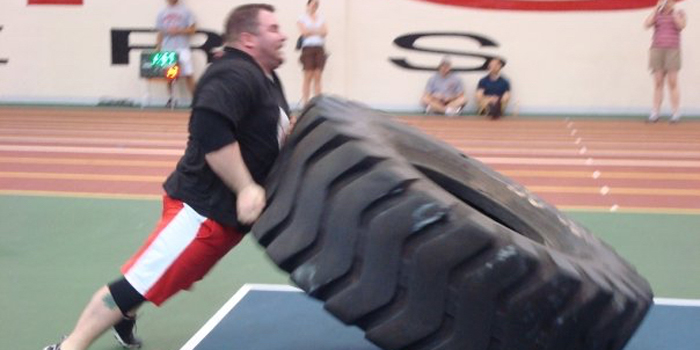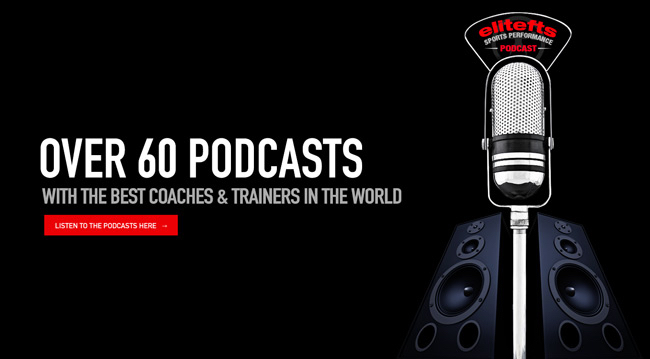
Correlation does not imply causation is a phrase in science and statistics that emphasizes that a correlation between two variables does not necessarily imply that one causes the other.
CORRELATION VS CAUSATION
In sports performance, especially in the private sector, we often put marketing and self-promotion ahead of what is really important when training athletes.... the athletes.
Have a 10 year old get a PR on a movement and there is a strong possibility the trainer will post something to the effect of "Watch my client..." Coaches in large group settings often avoid this and promote the culture more often. I have even witnessed trainers jack one of their client's posts making sure everyone who commented or liked their accomplishments know "who is really responsible" for all of the improvements. I wonder what trainers did before the internet? Starve?
Anyway we as coaches all sometime make the mistake of assuming it was our training that made the team or certain players successful. Not all of their hard work or talent. This is a big mistake and I wrote about it here:
There is a balance to understand our job is important and our athletes should be better because of us and they should get all of the credit. If you are coaching for credit, it may be time to cash it in.
2 Examples of Mistaking Correlation for Causation
I will make these pretty short and to the point. These are real examples I have heard before.
1. Olympic Lifting.
There are reports of studies done at the Olympic games with athletes of all events and sports. The study ( I can't find it but it's been referenced) showed Weightlifters having the highest of vertical jumps on average. So one can say that weightlifters have the highest vertical jump of any group of Olympians because they weightlift.
But, are the Olympic caliber weightlifters have the highest vertical jumps because they weightlift or are they Olympic Caliber weightlifters because they have the highest vertical jumps (thus, genetically, higher lower body power output)? Probably a little of both.
I will not deny that Olympic lifts will increase vertical jumping ability. But, weightlifters at the highest caliber may already of had the genetic potential to have the highest vertical jumps. Especially considering that athletes of other sports may be performing Olympic lifts in their training. Just something to think about.
2. I made it big because of a training system.
"So-and-so has been doing program X for ___ years and he is now playing professionally." Assuming that program X is the reason means your ignorance and arrogance are fighting for supremacy. Understand that most sports involve highly technical and often open (or soft) skills. This skill development is primarily responsible for the success of any athletes. This is not to say that strength, power, speed, and being resistant to injury are not important. But, the best way to get better at a sport is to play that sport. Increasing your squat may help you hit a baseball farther, but the technical skills will allow the hitter to make contact in the first place. Bat speed can be improved in the weight rooms but hand-eye coordination is improved in the batting cages.
The best player may be a great lifter because of his talent and ability. Too often we assume he is the best player because he is a great lifter. Not always.
Not saying my word is law, but I hope this gives a different way to think about things.










